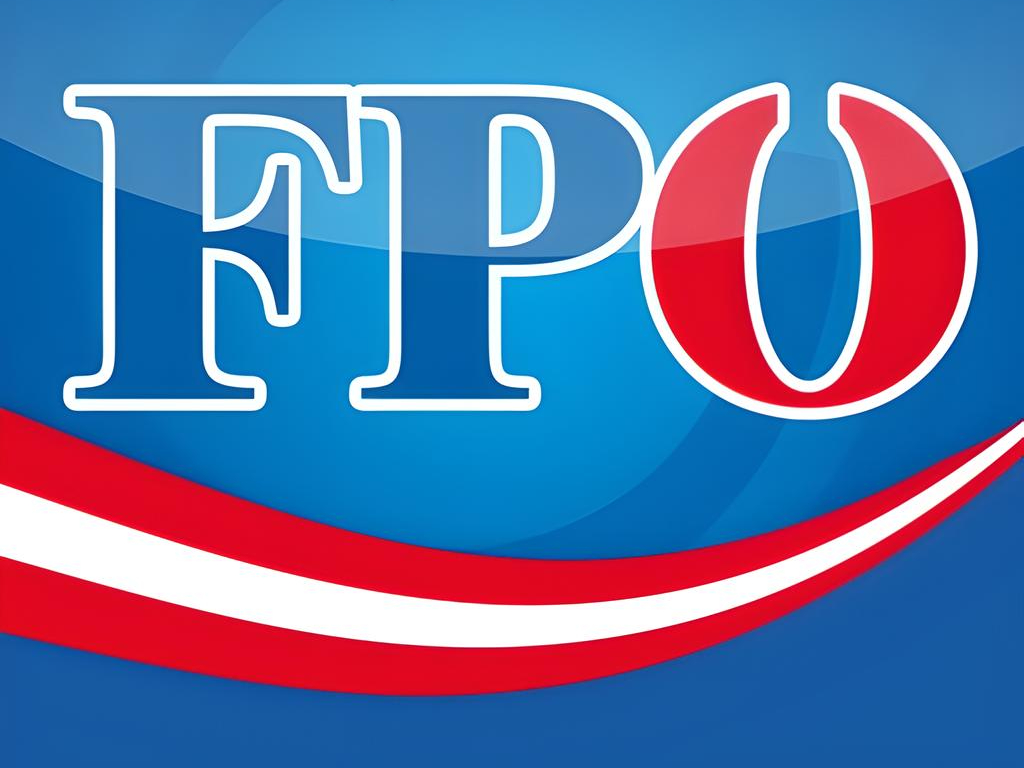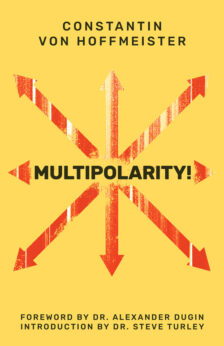For the first time ever, the Freedom Party of Austria has emerged the most popular party in Austria on Sunday, getting as much as 29.1% of the vote, followed by the lame center-right Austrian People’s Party with 26% and the Social Democrats getting 20.4%.
Both the Greens and NEOS (a liberal party) got about 8% each.
The Freedom Party had never come in first before, so their victory sent shockwaves through the continent. The Freedom Party leader, Herbert Kickl, ran a great campaign.
The party took a very frank and unyielding approach to immigration and migration, running on a platform of “Fortress Austria,” determined to put an end to third-world immigration entirely. Kickl expressed the conviction, held by many Austrians, that their country should stay out of the Russia/Ukraine dispute. It was felt that the postwar tradition of Austrian neutrality should be reaffirmed. They are also Eurosceptic.
The history of the party is a very interesting one. When it was founded in 1956, it was a liberal party with just the slightest whiff of pan-Germanism. Modern journalists, like those at POLITICO magazine, make hay out of the fact that some ex-National Socialists were involved in its founding and cite this as proof that the party has some kind of Nazi pedigree. It’s a fact that nearly all the political parties of Germany and Austria post-war had ex-National Socialists in their ranks. Konrad Adenaue’s CDU (Christian Democratic Union) had lots of ex-National Socialists as members below ministerial level, for example. Pure propaganda.
When the early 1980s rolled around, the party was still quite liberal. Then party head Norbert Steger sought to model the party on Germany’s Free Democrats. In 1986, Jörg Haider became party chairman and he gradually integrated an anti-immigration position while remaining liberal on most other issues. In 1993, some liberals couldn’t stand the anti-immigration turn and left the party to form the Liberal Forum party, which later ended up being a part of the current NEOS party. In 1999, the Freedom Party did very well in elections, becoming, for a time, the second most popular party in the country and a part of a ruling coalition with the center-right. The party waned in popularity for a time. In 2005, there was a period of stress between the liberals and national conservatives. Ironically, Mr. Haider sided with the liberals and left the party to form another party called BZO. BZO went nowhere politically and Haider died in a car crash in 2008.
In 2005, Heinz-Christian Strache was elected as chairman and did a good job of reviving the party’s fortunes. Strache was more nationalistic than Haider. The party grew gradually in popularity between 2005 and 2016. The Freedom Party candidate Norbert Hofer won the first round of the presidential election in 2016, but lost in the runoff. In 2017, the party managed to get 26% of the vote and was part of a coalition government with the Austrian People Party’s (alleged) wunderkind Sebastian Kurz. The Freedom Party got the defense, interior and foreign affairs posts in the cabinet. Unfortunately, Strache got trapped in a scandal on the island of Ibiza in the Mediterranean, when he agreed to meet with a Russian banker. It was a setup and the coalition fell apart and Strache had to leave politics entirely. In 2021, Herbert Kickl was elected party chairman after Hofer held the post for a while. A more hardcore nationalist than Hofer, Kickl rebuilt the party, which had lost popularity and esteem since the Ibiza scandal. This leads us to the triumph on Sunday.
Kickl is going to have a hard time forming a government. In Austria, the president has a lot of leeway in the government formation process and he happens to be the perfectly awful Green Party fanatic, Alexander Van der Bellen. He has already made public statements to the effect that he will do all he can to keep the Freedom Party away from the levers of power despite their victory in the elections. Back in the day, European presidents (except in France) used to be esteemed figures and didn’t use their office to advance ideological objectives. However, in recent years we get extremely partisan Marxist true-believers like Sergio Mattarella in Italy and Van der Bellen.
It remains to be seen how this all plays out. Will the people of Austria have its polling choice and get some power and influence? We will have to wait and see. It’s still significant that, at least technically, the most popular parties in Austria, Hungary, Slovakia and the Netherlands are all anti-immigration. Change is in the air.







